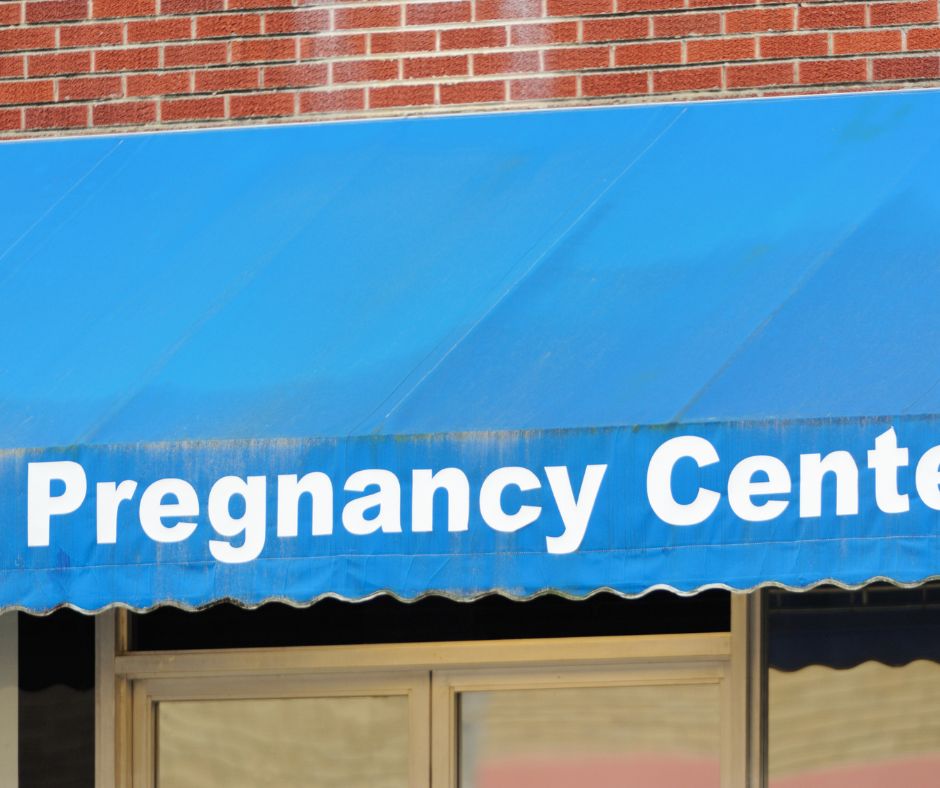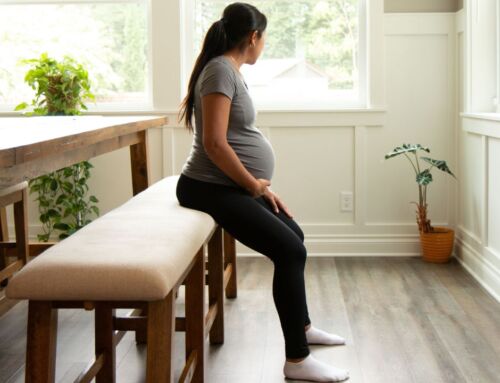With Roe vs. Wade overturned, women in Texas face limited choices in their options for an unplanned pregnancy. Current abortion laws in Texas can also be confusing, leading women to seek out answers and more information about their options. Two of the places women may turn are two crisis pregnancy centers and adoption agencies.
In 2022, Yelp.com began reviewing business profiles to identify and label organizations as crisis pregnancy centers. While the criteria they are using is unclear, this has unfortunately resulted in many adoption agencies being mislabeled as “crisis pregnancy centers.” The two organizations have very different goals with little overlap in the services they provide.
If you are pregnant, or think you may be, knowing the difference between a crisis pregnancy center and an adoption agency can enable you to get the right support and resources for your situation.
What Is a Crisis Pregnancy Center?
A crisis pregnancy center (CPC) is an organization committing to helping pregnant women make “life affirming choices” for their baby. In other words, CPCs main objective is to dissuade women with unplanned pregnancies from having an abortion.
Heartbeat’s Life-Saving Vision… …is to make abortion unwanted today and unthinkable for future generations.
Source: Heartbeat International Website
CPCs generally list a very similar set of services: free pregnancy tests and sonograms, options counseling, baby supplies, resource referrals and parenting classes.
One of the issues with crisis pregnancy centers – and the reason Yelp is flagging businesses they believe are CPCs – is that many of their names and descriptions may be misleading. By offering medical services like pregnancy tests and sonograms, they are presenting themselves as a women’s health care clinic. However, many CPCs do not have any licensed or certified health care professionals on staff.
Women who reach out to CPCs for abortion services will only receive anti-abortion counseling. CPCs do not provide abortions, nor will they refer to clinics that do. There have been numerous reports of CPCs providing false or unfairly biased information related to abortion in an effort to discourage a client from terminating a pregnancy.
For women who choose to parent, crisis pregnancy centers often offer support services like parenting classes and free baby supplies. Some offer additional services like referrals for prenatal care or STD testing.
If you’re unsure whether or not an organization is a crisis pregnancy center, you can look them up here.

What Is an Adoption Agency
An adoption agency is a state-licensed organization that facilitates placing a child in an adoptive home. The main objective of an adoption agency is to guide expectant parents and adoptive families through the adoption process.
For pregnant women, the services offered by an adoption agency are intended to provide support while she is making an adoption plan. These can include financial assistance for pregnancy-related expenses, help with housing, helping apply for Pregnancy Medicaid and finding a prenatal care provider. They will also guide her through the adoption planning process, which includes labor and hospital plans, choosing an adoptive family, and deciding what level of openness they desire. Adoption specialists will also provide counseling to help them navigate grief and other emotions they will face during the process, and continue providing counseling after placement.
Like crisis pregnancy centers, most adoption agencies offer options counseling for women who are unsure. In Texas, most discussions will focus on adoption and parenting as the available options. Some agencies, particularly secular organizations like Adoption Advocates, are willing to have unbiased discussions about all of your options and provide referrals to additional resources.
Which One Should I Contact?
This depends entirely on what your goal is, and what you feel comfortable with.
If you just want to confirm a pregnancy and find out how far along you are, a pregnancy resource center might be a suitable option. You may also be needing proof of pregnancy to apply for pregnancy Medicaid. Proof of pregnancy must be provided by a licensed medical professional, so it’s important to confirm the CPC will be able to provide this prior to your appointment.
If you know you want to keep/parent your baby, but need maternity clothing, baby supplies, etc., a CPC may be able to help you as well. Many also offer free parenting classes.
If you think adoption might be the best option for you, then contacting an adoption agency directly would be the best first step. Because adoption is their main focus, they’ll be able to answer any questions you have, provide information about the process, and even connect you with other women who have placed their babies.
Most likely you’ll be somewhere in the middle – unexpectedly pregnant and not sure what to do.
It could be that neither one is the right option for you. There are many places to buy a reliable pregnancy test for about a dollar. Once you know you’re pregnant, talking to your partner, your family and your friends about your options may help clarify your feelings about your pregnancy. Health care providers, like those at Planned Parenthood, can also offer unbiased, evidence-based information on all of the options as well.
Many adoption agencies, such as Adoption Advocates, offer options counseling as well. In addition to discussing adoption, we can provide referrals to additional resources that may be able to help you parent.
One thing to keep in mind is that no organization – whether it’s a CPC, an adoption agency or other service - should be telling you what you should do. Only you can decide what is best for you, and your decision should be respected.








